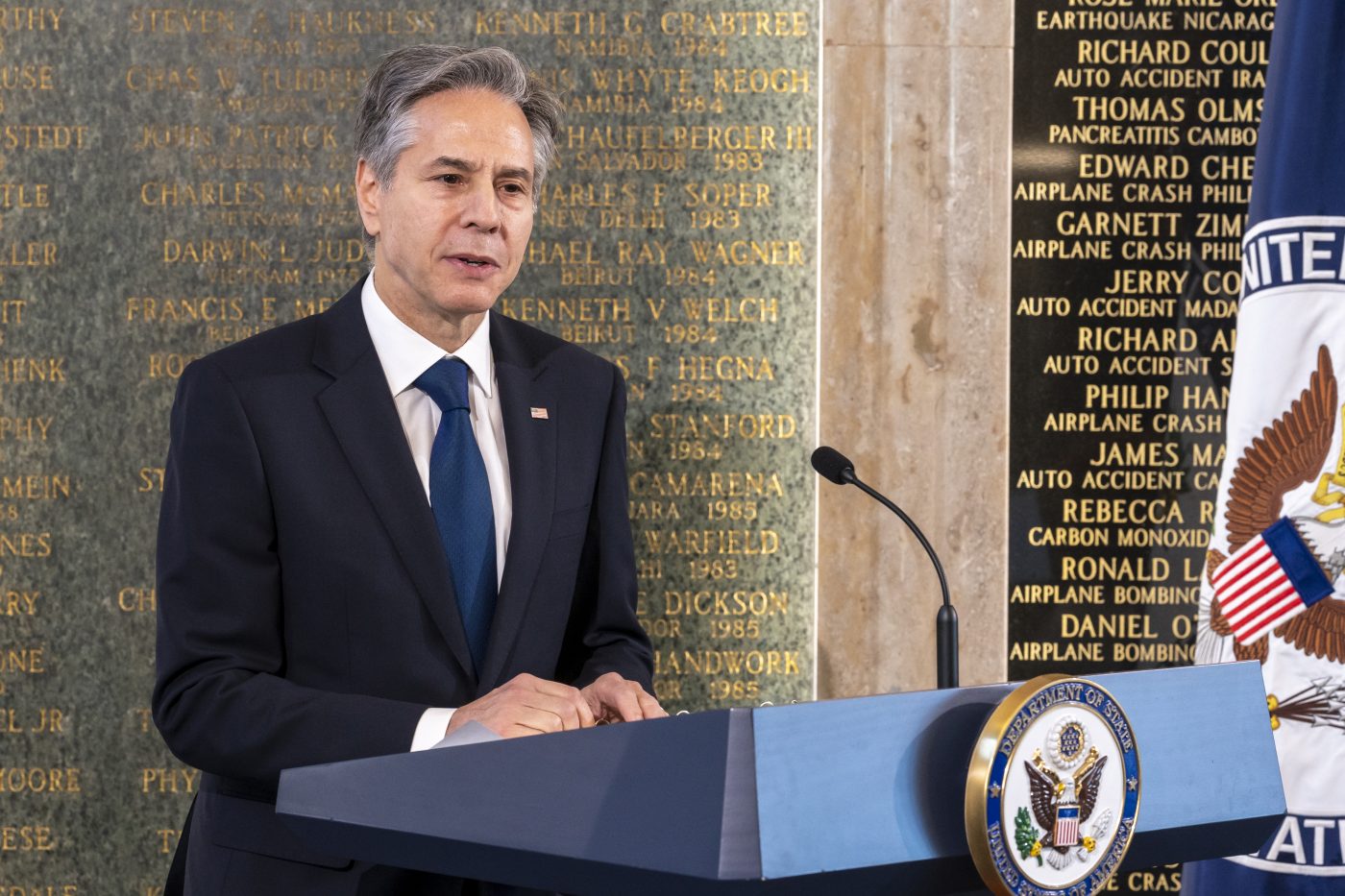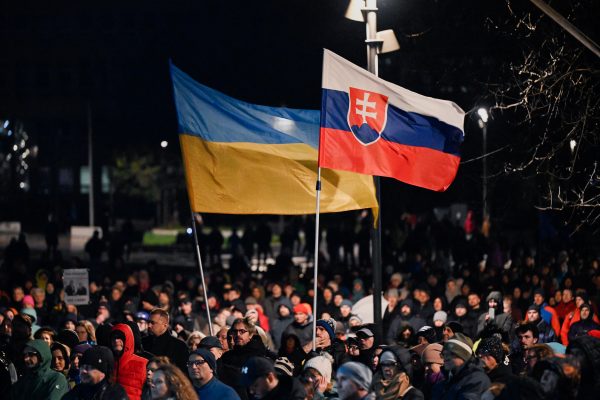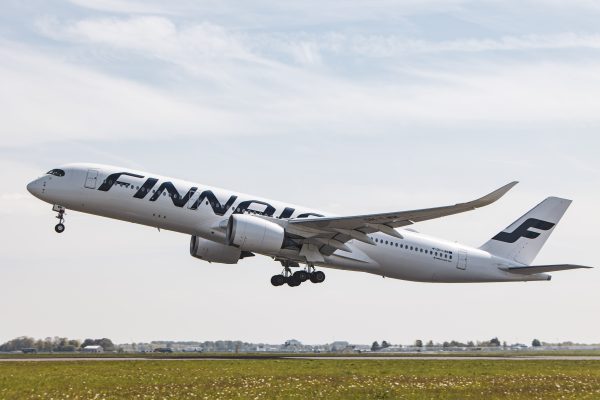Since World War II, the US State Department has assigned Foreign Service Officers (FSOs) as Foreign Policy Advisors — commonly referred to as POLADs — to the Pentagon and high-level military commands. These ambassadors and other experienced professionals offer regional expertise and a network of connections in Washington, embassies, and foreign institutions to help ensure military operations address broader political and diplomatic goals.
The counterinsurgency campaigns in Afghanistan and Iraq boosted demand for State-Defense integration close to the action, leading to the assignment of advisors at the corps, division, and sometimes lower levels. Occasionally commands looked beyond State when recruiting — one well-regarded longtime policy advisor for US forces was a British academic.
These boots-on-the-ground POLADs helped ensure military decisions took political goals into account, engaged with local leaders, and tied in with the US Embassy. Key to their success was the POLAD’s ability to offer frank, knowledgeable advice from an outsider’s perspective and to serve as a “cultural interpreter” between military and civilian partners.
A few POLADs had experience in uniform, while others could get by if they knew something about military affairs and could adapt to military culture. There is a body of literature on the POLAD experience, including Kael Weston’s The Mirror Test, Emma Sky’s The Unraveling, and Foreign Policy Advisor 101 by Joanne Cummings and Heather Steil.
With the passing of the counterinsurgency era, and the military’s renewed focus on large-scale combat operations, strategic POLADs remain but the operational and tactical positions have gone. It makes sense for the perennially under-resourced State Department to throttle back on advisor positions in peacetime — so long as it is ready to augment corps and divisions quickly if war comes.
However, if the US finds itself in a large-scale war, there won’t be time for State and military personnel to train together to “build readiness.” It is ironic that US Army divisions and corps currently exercise with contractors role-playing civilians — including POLADs — but State doesn’t participate.
Would POLADs be beneficial in a hot war?
Yes, without a doubt. Europe isn’t Afghanistan, Taiwan isn’t Iraq, and following an off-the-shelf playbook on how to interact with host governments, embassies, international civilian actors, and local populations would not work well.
While we’ve encountered military colleagues who believe POLADs in their headquarters would be a distraction, we’ve worked with more — usually American and allied Iraq/Afghanistan veterans — who would welcome diplomats on staff to help adapt past knowledge to new conditions. These leaders recognize the complexity of the modern battlefield, and the need to prepare for the range of civilian actors they will encounter.
Is State prepared to step up?
This is more a “would they” than a “could they” question. There are hundreds of active and former State personnel with experience as POLADs, on Provincial Reconstruction Teams, at wartime embassies, or in other expeditionary roles, with the skills and mindset required. But planning and relationships matter — in Iraq and Afghanistan it could take months to create and staff a new POLAD billet in response to an Army or Marine Corps request. That just won’t work in a hot war.
Possible Paths Forward
Should the US decide to revive the POLAD program, here are four possible approaches gleaned from discussions with military and civilian colleagues:
Option 1: Assign full-time Foreign Policy Advisors to division and corps in peacetime.
PRO: Advisors would live among military colleagues in the garrison, participating in planning and exercises and building relationships.
CON: It is hard to envision the most talented FSOs self-exiling to Camp LeJeune, North Carolina, or Fort Riley, Kansas, in peacetime, far from the action in DC or overseas.
Option 2: Align active-duty diplomats in Washington, or posted abroad, to serve as part-time advisors for designated units. They could participate through remote means in planning and exercises, and build relationships through periodic visits.
PRO: Relatively cheap. Could be an attractive duty for high fliers.
CON: Home offices might be reluctant to let them deploy in a crisis.
Option 3: Use embassy evacuees as advisors. Were the US to fight a hot war, most local embassy personnel would be withdrawn and go on so-called Ordered Departure to the States. Volunteers with appropriate skills could be asked to link up with inbound military units.
PRO: Embassy officers would bring the freshest expertise and local contacts.
CON: Unless they had been identified in advance, and had previously established relationships with the units, the evacuees might have trouble establishing their role.
Option 4: Stand up a part-time reserve advisor/mentor unit of perhaps 20 people who could align with designated corps and divisions, participate in planning and exercises, and through occasional visits to their units, be ready to deploy as part of the team when needed.
PRO: A small POLAD Reserve with a focused mission could be an inexpensive pilot project for a broader Foreign Service Reserve to improve crisis response, which some at State have long sought.
CON: Proposals to establish a reserve have not in the past gained traction in Congress, though that may be changing.
Philip Kosnett (US Ambassador, Ret.) represented the US in Europe, Asia, and the Middle East in a career focused on international security and governance, including as Ambassador to Kosovo and Chargé d’Affaires in Turkey and Iceland. His four Iraq and Afghanistan tours included a year as POLAD at Multi-National Corps-Iraq. Kosnett now writes, comments, and consults on global affairs. He is the editor of Boots and Suits: Historical Cases and Contemporary Lessons in Military Diplomacy (Marine Corps University Press, 2023).
Michael Keating (Major General, British Army) has roots in Army Aviation and is currently serving as Chief of Staff to NATO’s UK-led Allied Rapid Reaction Corps. He is a veteran of service in Northern Ireland, Bosnia, Iraq, and Afghanistan. He has served as the UK Chief of Defence Staff Liaison Officer to the Chairman of the Joint Chiefs of Staff and as Deputy Commanding General-Support for U.S. Third Armored Corps at Ft. Hood (now Ft. Cavazos), Texas from 2021-23.
Europe’s Edge is CEPA’s online journal covering critical topics on the foreign policy docket across Europe and North America. All opinions are those of the author and do not necessarily represent the position or views of the institutions they represent or the Center for European Policy Analysis.





